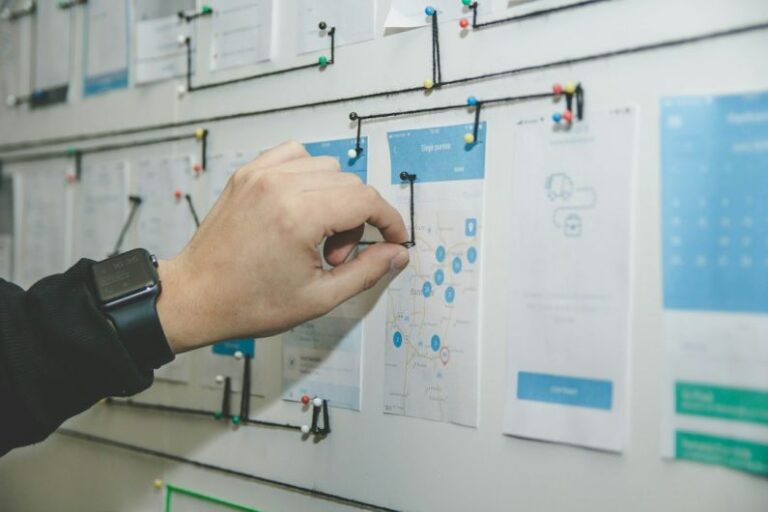Fostering a Culture of Continuous Learning in Leadership
In today’s fast-paced and ever-evolving business landscape, the role of leadership is more critical than ever. Leaders are not just expected to steer their teams towards success but also to adapt, innovate, and grow in order to stay ahead of the curve. Fostering a culture of continuous learning within leadership has become imperative for organizations looking to thrive in an era of constant change and disruption.
**Embracing a Growth Mindset**
At the heart of fostering a culture of continuous learning in leadership is the concept of a growth mindset. Leaders who possess a growth mindset believe that their abilities and intelligence can be developed through dedication and hard work. This mindset encourages leaders to embrace challenges, persist in the face of setbacks, and see failures as opportunities for growth and learning. By promoting a growth mindset within the leadership team, organizations can create a culture that values learning, development, and improvement.
**Encouraging Curiosity and Exploration**
Curiosity is a powerful driver of learning and innovation. Leaders who are curious are more likely to seek out new ideas, perspectives, and experiences, leading to greater creativity and problem-solving abilities. Encouraging curiosity within the leadership team can help foster a culture of continuous learning by inspiring leaders to explore new concepts, challenge assumptions, and think outside the box. By creating space for curiosity and exploration, organizations can cultivate a culture that thrives on innovation and adaptability.
**Promoting Continuous Feedback and Reflection**
Feedback is essential for growth and development. Leaders who receive regular and constructive feedback are better equipped to identify areas for improvement and make meaningful changes. By promoting a culture of continuous feedback within the leadership team, organizations can create an environment where learning is ongoing and feedback is seen as a valuable tool for growth. Additionally, promoting reflection allows leaders to pause, assess their actions, and learn from their experiences. By encouraging leaders to reflect on their decisions, behaviors, and outcomes, organizations can foster a culture of introspection and self-improvement.
**Investing in Learning and Development Opportunities**
Investing in learning and development opportunities is crucial for fostering a culture of continuous learning in leadership. Providing leaders with access to training programs, workshops, coaching, and mentorship can help them acquire new skills, knowledge, and perspectives. By investing in the growth and development of their leaders, organizations demonstrate their commitment to continuous learning and improvement. Furthermore, providing opportunities for leaders to learn from one another through peer-to-peer learning can help foster a culture of collaboration and knowledge sharing.
**Creating a Safe Space for Experimentation and Risk-Taking**
In order to foster a culture of continuous learning, leaders must feel empowered to take risks, experiment with new ideas, and learn from their mistakes. Creating a safe space for experimentation and risk-taking is essential for encouraging innovation and growth within the leadership team. Leaders who are not afraid to fail are more likely to push boundaries, challenge the status quo, and drive positive change within the organization. By creating a culture that values experimentation and risk-taking, organizations can foster a spirit of innovation and resilience among their leaders.
**Nurturing a Learning Organization**
In conclusion, fostering a culture of continuous learning in leadership is essential for organizations looking to thrive in today’s dynamic business environment. By embracing a growth mindset, encouraging curiosity and exploration, promoting continuous feedback and reflection, investing in learning and development opportunities, and creating a safe space for experimentation and risk-taking, organizations can nurture a culture of continuous learning that drives innovation, growth, and success. Leaders who prioritize learning and development not only enhance their own capabilities but also inspire their teams to strive for excellence and adapt to change with agility and resilience. Embracing a culture of continuous learning is not just a strategy for success; it is a mindset that propels organizations towards a brighter and more sustainable future.






